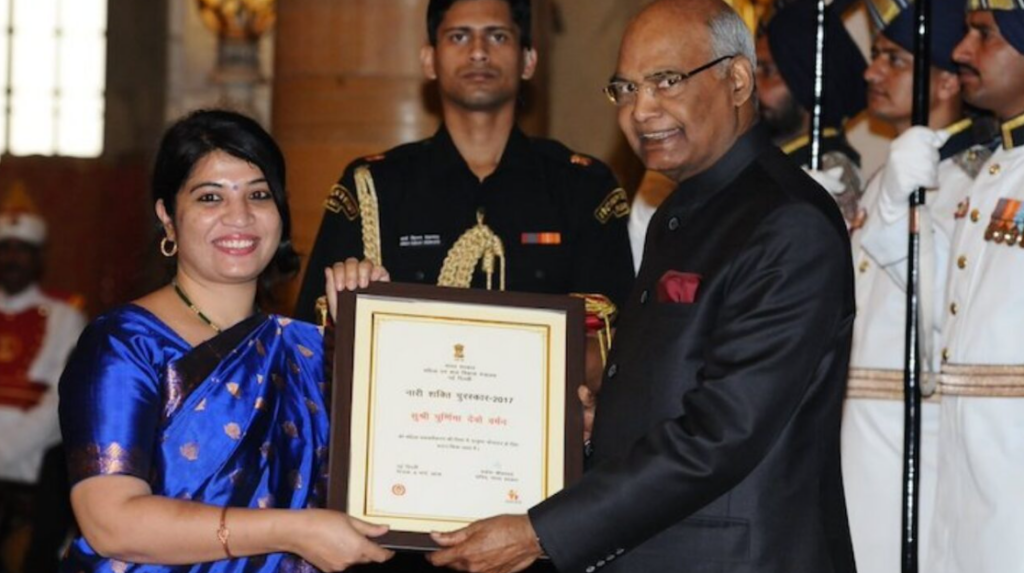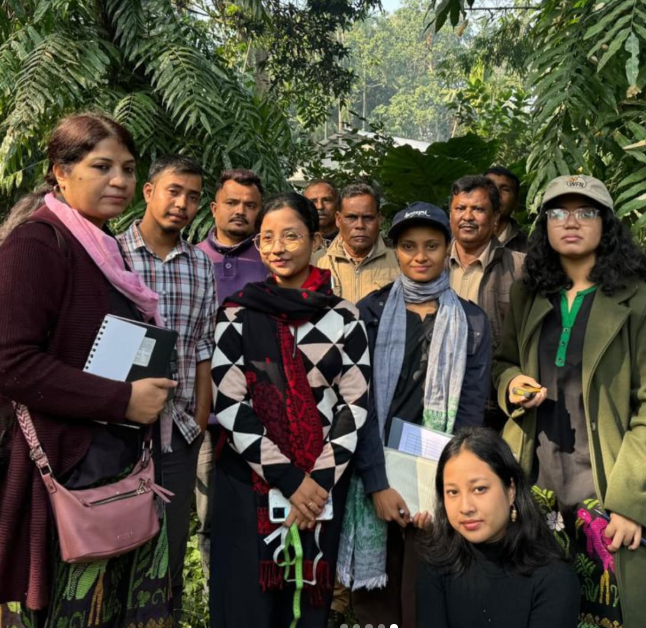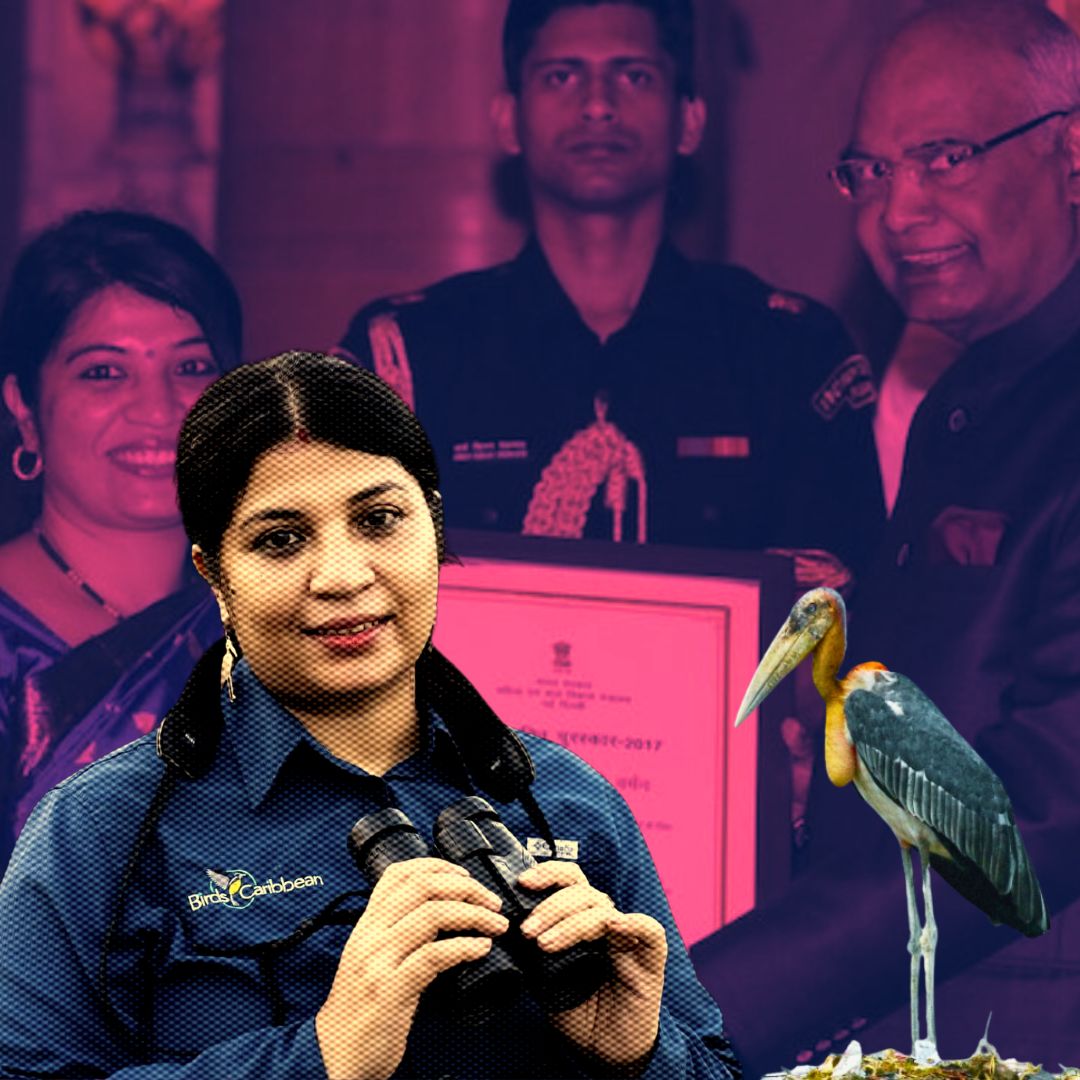Dr. Purnima Devi Barman, a remarkable wildlife biologist from Assam, India, has emerged as a beacon of hope in the conservation of the greater adjutant stork, locally known as Hargila. Her innovative efforts not only focus on protecting this endangered species but also empower local communities, particularly women, through her initiative known as the Hargila Army.

Early Life and Inspiration
Dr. Barman’s journey began in Assam, where her childhood was steeped in the rich biodiversity of the region. Growing up near the Brahmaputra River, she developed a deep love for birds, nurtured by her grandmother’s teachings about nature. This early connection inspired her to pursue a career in wildlife conservation, leading her to obtain a Master’s degree in Zoology from Gauhati University.

The Hargila Army: A Community Initiative
In 2007, Dr. Barman founded the Hargila Army, an all-female group dedicated to conserving the greater adjutant stork. This initiative engages local women in various conservation activities, including bird rescue and environmental education. The Hargila Army has grown to include approximately 10,000 women who have become pivotal in changing local attitudes towards wildlife and promoting sustainable practices.

Key Achievements
The Hargila Army has achieved significant milestones:
- Increased Awareness: The initiative has educated communities about the ecological importance of storks in maintaining healthy wetlands.
- Empowerment: By involving women in conservation efforts, Dr. Barman has fostered entrepreneurship and leadership among local females.
- Habitat Restoration: The group has successfully created artificial nesting platforms and planted trees to support stork populations.

Recognition and Impact
Dr. Barman’s dedication to conservation has earned her numerous accolades, including the prestigious Whitley Award in 2017 and the Champions of the Earth Award from the United Nations Environment Programme in 2022. These recognitions highlight her innovative approach to community-based conservation and her commitment to empowering women.

Her work has not only contributed to the recovery of the greater adjutant stork population but has also transformed the lives of many women in Assam. By providing them with opportunities for involvement and leadership, Dr. Barman has created a model for community-driven conservation that inspires others globally.

The Logical Indian’s Perspective
At The Logical Indian, we believe that stories like Dr. Purnima Devi Barman’s exemplify the power of kindness, empathy, and dialogue in fostering positive social change. Her work demonstrates how environmental conservation can go hand-in-hand with community empowerment, promoting harmony between humans and nature. As we reflect on this inspiring journey, we encourage our readers to consider how they can contribute to similar initiatives within their own communities.
How can we collectively support local conservation efforts while fostering a spirit of coexistence? Share your thoughts and experiences with us!












